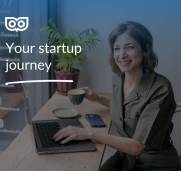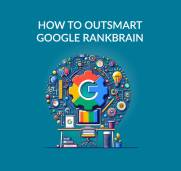
6 simple SEO concepts you can wrap your head around with hardly any brain strain or pain
Say you have a business. And you have a website for your business. You want people to visit your site! And there are several different ways to do this:
- Telling people by email (either by including a link to your site in your email signatures or by sending email newsletters to many people with links to specific areas of your site.
- Linking to articles and pages on your website through your social media posts
- Being mentioned on other websites – including when you write guest articles
- Being listed on directory sites, industry membership sites, networking group websites, etc.
- Being found on search engines when people type in certain keywords – through paid ads and having your website pages optimised for search engines.
And you know the good news is – quality matters! Whatever you do, do it well, and you will stand out amongst the others in your industry. In marketing, just like in business, we have to always be learning and improving.
It’s not just where you have links that matters – it’s that way you do it. The words you use for the link. The images you use. The quality of your website pages and posts. How you behave on social media (frequency, value, design). The headlines you use for your articles. And we are experts in advising on all this stuff. One step at a time we can help you in leaps and bounds.
In this post, our purpose is not to overwhelm you, but to outline 5 simple SEO concepts any business owner should have some awareness of. We are also regularly posting specific posts about SEO on our Instagram so be sure to follow us there!
5 SEO concepts that business owners should understand.
1. Keywords and phrases

You need to consider what keywords you want to be searched for. But the way you describe things isn’t necessarily how your potential site visitors, those who are looking for you, might describe you! So, this is why we do “keyword research” so we can add to the other words/combinations/phrases people are searching for when they are looking for someone who offers what you do. Then we make sure your pages show up for those phrases too.
2. Paid or Organic
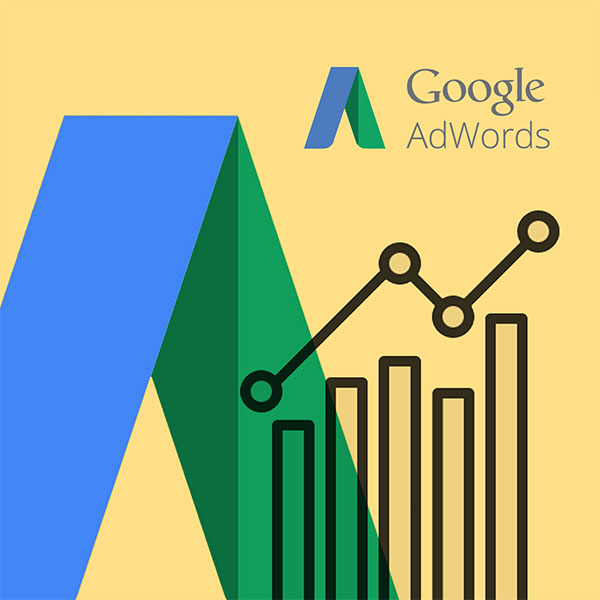
Paid SEO gives you the quick fix definite result – because you pay for it. Set a budget – eg 10 pounds a day. Choose which keywords you want to be found for. And depending on how much Google/other search engines charge per click, you WILL be listed for those keywords. Until you budget runs out. Organic SEO means that people can see your website listed on the search results page, without you having to pay Google or anyone else! But to get listed in this “natural” way, you need to work on your website pages and ensure they are “optimised” for the phrases you want to be found for.
3. Landing pages
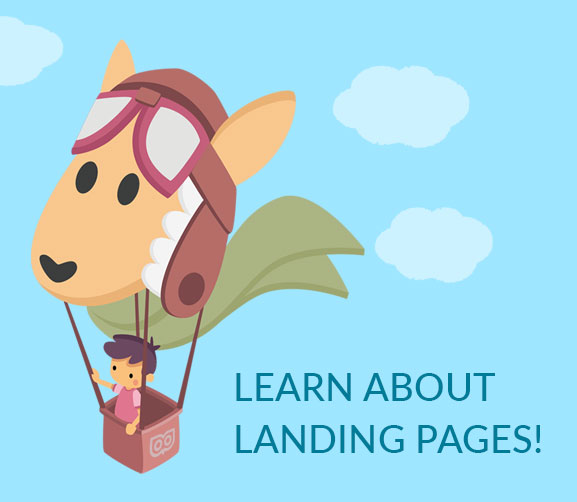
Apart from your homepage you can make “landing pages” which inform visitors about a single service or product, it’s benefits and differentiators. These should have a call to action (eg download a PDF, book a demo, etc). See this post about landing pages (and figure out if you need one!)
For example, a client of our SEO partner Tom, a North London private party venue, The Jazz Cafe, uses a landing page to entice extra SEO visitors to the website for the venues private hire party booking spaces as does Phonox in Brixton, South West London.
4. Google is ranking you in more ways than you think!
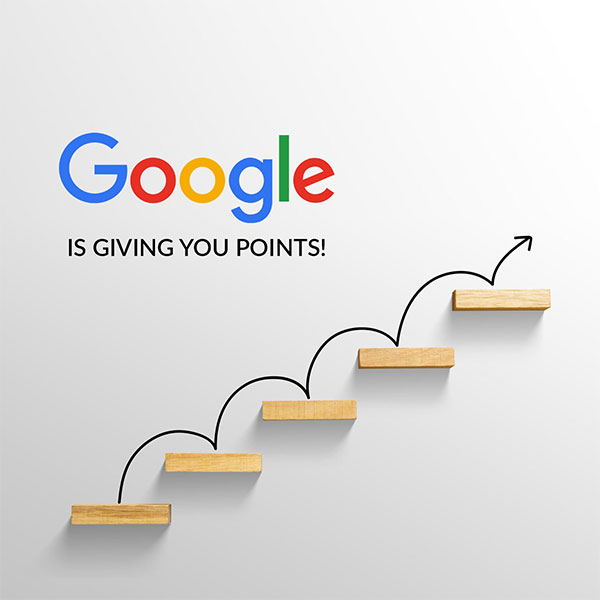
Google and other search engines give you good and bad “points” and chooses whether to favour your website or not – it assesses the page spread, how it fits on mobile devices, and the security aspects of a website. This is why we help clients with SSL, page speed, upgrading their servers, and making sure the website has all the latest updates for security.
5. Google My Business

This is what’s also known as “location based search” .Beyond your website, think about the other part of how you show up – your “Google My Business” page – this is a free and easy-to-use tool for businesses and organizations to manage their online presence across Google, including Search and Maps. You need to verify and edit your business information, and then you have another place to make sure people can find you. This is also where your Google Reviews go – see https://g.page/r/Ce9aD4kVM0dhEAE for our Google My Business page!
6. The power of blogging

Many people will arrive first at a blog article so if you write them featuring keywords you want to be found for, you will attract more traffic. Blog articles should great headlines and be easy to read, useful, and well-formatted. See the article called “Sideways surfing” on this post “Advanced blogging techniques you can try today”
Further reading:
30 Surefire Ways to Increase Traffic to Your Website (& Influence Revenue)
How to Drive Traffic to Your Blog (32 Best Ways to Increase Blog Traffic) in 2020
